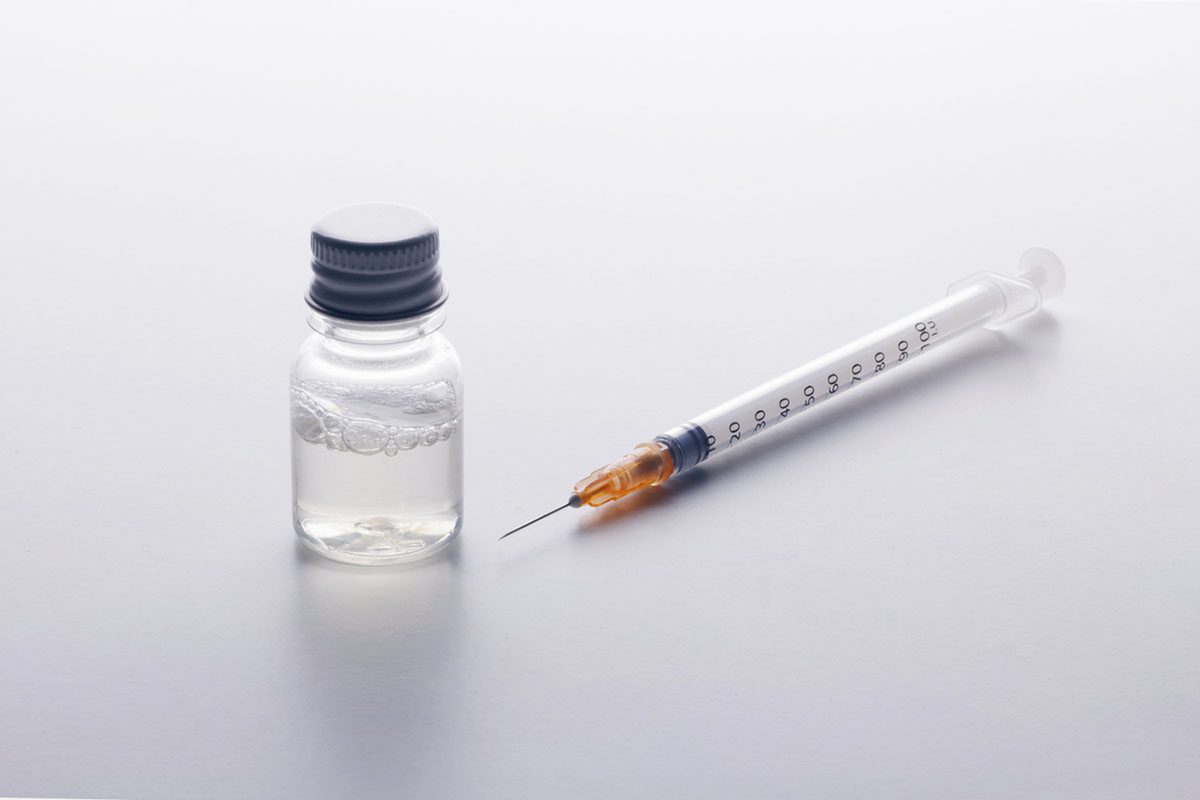Can Pindolol Really Enhance Antidepressant Effect?
To the Editor: In their recent article, Portella and colleagues1 claim that pindolol can accelerate and enhance antidepressant effect of selective serotonin reuptake inhibitors (SSRIs). As one of the authors of another recent meta-analysis of pindolol augmentation,2 I would like to comment on their results.
From their meta-analysis,1 the number needed to treat (NNT) was calculated as 6 for early clinical response (ie, acceleration of antidepressant effect at 10 days to 2 weeks) and as 13 for late clinical response (ie, enhancement of antidepressant effect at 4 to 6 weeks). This NNT of 13 is not clinically useful because only NNTs less than 10 are considered clinically meaningful.3 As Portella and colleagues1 pointed out, the enhancing effect of pindolol tends to diminish over time. Our meta-analysis2 also showed that pindolol could augment antidepressant effect significantly more than placebo at 1 to 4 weeks, but not at 5 to 6 weeks.
Theoretically, it is hypothesized that pindolol can accelerate antidepressant effect by antagonizing somatodendritic 5-HT1A autoreceptors. Over time, these 5-HT1A autoreceptors will be down-regulated by increased serotonin levels due to repeated administration of SSRI and there will be no room for pindolol to antagonize 5-HT1A autoreceptors, although these phenomena have not been confirmed. If this is the case, however, it seems likely that pindolol will lose its effect over time.
Taking the above possibilities into consideration, at the moment, we should not conclude that pindolol can enhance antidepressant effect.
References
1. Portella MJ, de Diego-Adeli×±o J, Ballesteros J, et al. Can we really accelerate and enhance the selective serotonin reuptake inhibitor antidepressant effect? a randomized clinical trial and a meta-analysis of pindolol in nonresistant depression. J Clin Psychiatry. 2011;72(7):962-969. PubMed doi:10.4088/JCP.09m05827blu
2. Whale R, Terao T, Cowen P, et al. Pindolol augmentation of serotonin reuptake inhibitors for the treatment of depressive disorder: a systematic review. J Psychopharmacol. 2010;24(4):513-520. PubMed doi:10.1177/0269881108097714
3. Popovic D, Reinares M, Amann B, et al. Number needed to treat analyses of drugs used for maintenance treatment of bipolar disorder. Psychopharmacology (Berl). 2011;213(4):657-667. PubMed doi:10.1007/s00213-010-2056-8
Author affiliation: Department of Neuropsychiatry, Oita University Faculty of Medicine, Oita, Japan. Potential conflicts of interest: None reported. Funding/support: None reported.
doi:10.4088/JCP.11lr07366
© Copyright 2011 Physicians Postgraduate Press, Inc.




